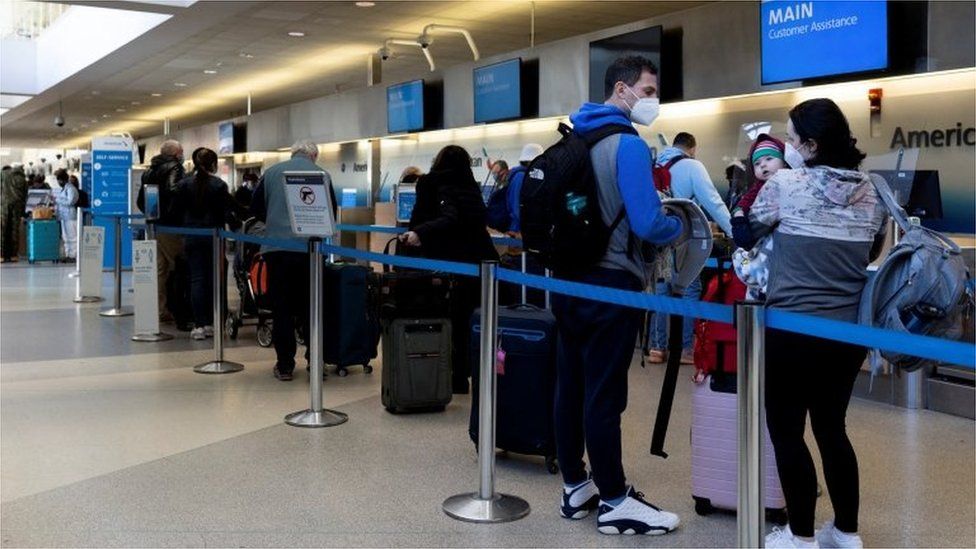THE World Health Organisation (WHO) has asked countries to lift or ease international travel bans, noting that bans currently contribute to the economic and social hardship caused by the COVID-19 pandemic.
The global health agency gave this charge at the 10th meeting of the Emergency Committee convened by the WHO Director-General under the international health regulations.
WHO, via a statement issued after the meeting headed by its Director-General, Dr Tedros Adhanom Ghebreyesus, said travel restrictions introduced by countries to curb the Omicron variant was ineffective and should be lifted.
“Lift or ease international traffic bans as they do not provide added value and continue to contribute to the economic and social stress experienced by states parties,” WHO said.
WHO further urged countries to ensure a larger percentage of their population are vaccinated and sufficient COVID-19 clinical care and post are provided.
The statement read in part: “Achieve the WHO call to action to have at least 70 per cent of all countries’ populations vaccinated by the start of July 2022 and integrate COVID-19 vaccination into routine health services.
“Countries are requested to share vaccine doses to increase global equity and to use a stepwise approach to vaccination, prioritizing those at highest risk from COVID-19, considering an evidence-informed use of booster vaccination, and taking into account evolving data on population-level immunity.”
‘Officials initially offered to help but when the number of able-bodied citizens at the centre increased, they left us unattended to’
The global health body also urged countries to recognise all vaccines that have received WHO authorisation, particularly in the context of international travel.
“Countries should recognise all vaccines that have received WHO Emergency Use Listing and all heterologous vaccine combinations as per SAGE recommendations, including in the context of international travel.
“Countries are advised to regularly adjust their response strategies by monitoring their epidemiological situation, assessing their vulnerabilities including their health system capacity, as well as considering the adherence to and attribute impact of individual and combined PHSM.”
The committee also praised South Africa for its rapid identification, transparency and rapid sharing of information on the Omicron variant.



